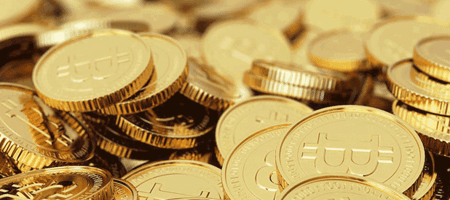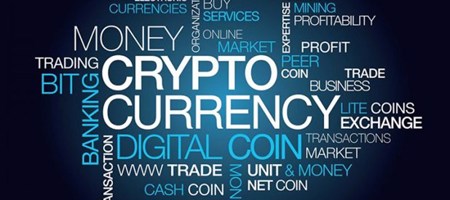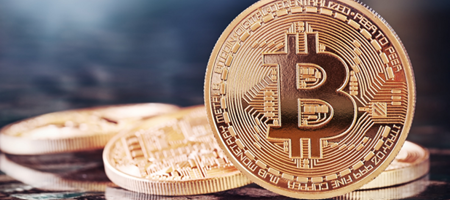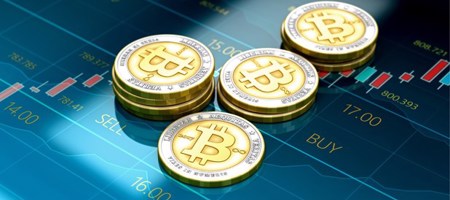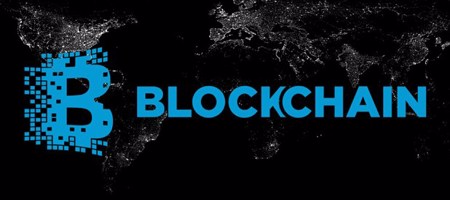We've all heard about and the SEC's plans to regulate ICO’s but what does this actually mean?

We've all heard about and the SEC's plans to regulate ICO’s but what does this actually mean?
Date: 11 Sep 2018
To answer this question, we must look at what the SEC does as a government organisation; Regulate securities in order to protect investors from fraud. Now, what exactly is a security? A security is quite difficult to define but put simply; a security (according to the SEC) is a publicly traded asset that holds value and is run by a physical group or entity. Given these standards, if a network is truly decentralised or the token has a real-world function (such as utility tokens) the asset is likely NOT deemed a security. A member of the SEC has come out and said publicly; "Cryptocurrencies like Bitcoin and Ethereum are not securities, but most ICO's are."
So what makes an ICO token viable to be regulated as a security? If a token that is publicly traded and the token does not have a physical use case then according to the SEC, the token will be regulated as a security. So how can teams putting out ERC20 tokens handle this?
To get more insight, I spoke with a Founder of Ocean Protocol, Bruce Pon. Ocean Protocol is a decentralised data exchange that allows users to share and monetise data for AI. In my opinion, Ocean is one of the most compliant projects to date. Based on our conversation, I think that securities regulation agencies will likely not start enforcement actions on projects that comply to the following constraints:
1. Registering with an official securities regulation agency or restricting access only to accredited investors.
2. No forward statements on token valuation or price appreciation.
3. No active solicitation of exchanges to list the token.
4. Lock up period on the token if the network has not yet been launched (1 year)
5. Each project must comply with AML and KYC requirements - this means that the identity of all token holders must be known at network launch. After network launch, it’s the role of exchanges to ensure AML and KYC checks are done.
ERC20 based projects that release their token immediately after token distribution but without a live network fail in this regard because as soon as an ERC20 is released and the first transaction is made, a project can’t guarantee KYC and AML upon all token holders.
To elaborate more on the regulations for ERC20 tokens. Once an ERC20 (or any other token for that matter) is released publicly, its impossible for teams to make sure that those tokens are not passed on to someone who is not AML/KYC compliant. In mostcases it is up to the exchanges to take care of this, but what's stopping an individual from sending an ERC20 token to someone who is not AML/KYC compliant? Absolutely nothing. This is what contravenes the SEC rules and many other regulation agencies.
And quite frankly many projects should be worried. With an increasing of a push towards atomic swaps (a feature that allows for the exchange of cryptocurrency without the need for a trusted third party), regulatory agencies are beginning to lose power in the ability to be able to regulate the exchange of ERC20 tokens. With applications like Airswap, Wanchain and even plans for Binance to completely switch to a platform based on atomic swaps, this seems to be where the future of trading digital assets is heading.
So why has Ocean chosen to follow the rules? "Enterprises, governments and data scientists can acquire Ocean tokens for buying and selling data - the intended use of the Ocean network. Meanwhile, the initial holders of Ocean tokens are highly-likely to participate in the network. We can’t be more pleased with this outcome.” - Bruce Pon (Founder, Ocean Protocol)
To wrap it up, the ICO space is in a bit of a pickle at the moment. The idea of a decentralised crowd-sourced funding mechanism is groundbreaking. However, in reality - without adhering to existing regulation, this can result in the general public getting burned when they support unscrupulous projects. Projects looking to have an ICO are going to have to start looking at their full range of obligations to the public when seeking this kind of funding, or else risk the wrath of the SEC and other regulatory agencies.
Contact neil@cryptorecruit.com
Back to News Share to LinkedIn
Share to LinkedIn Share to Twitter
Share to Twitter Share to Facebook
Share to Facebook Back to news
Back to news
